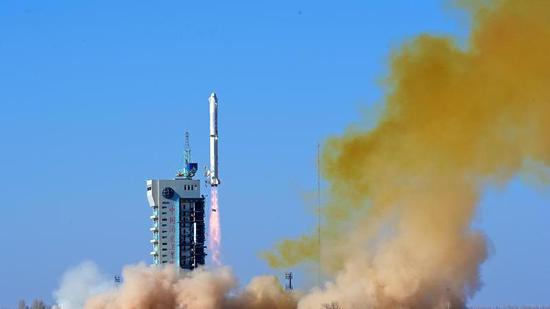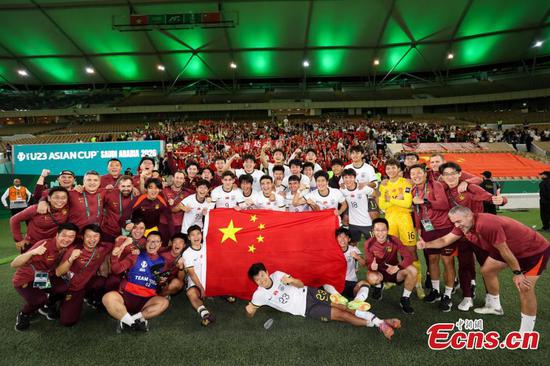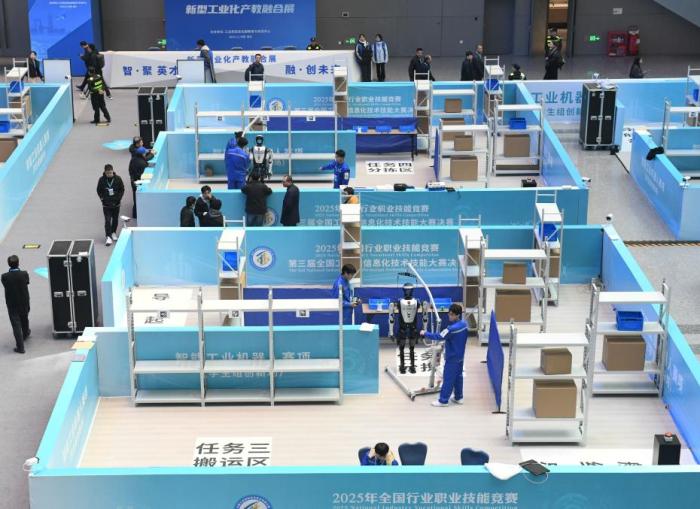
时间:2016-09-09 09:55:11人气:2675来源: 迪拜新闻网
China will amend its religious affairs regulations in a bid to protect the country from illegal religious activities, including overseas infiltration and religious extremism.
To protect legal religious activities, curb extremism and the spread of illegal religious activities, individuals or organizations should not use religion to jeopardize State security, social order, undermine ethnic unity, split the country and conduct terrorist attacks, read the draft amendment.
The amendment added that individuals or organizations should not create conflicts within a religion, between different religions, as well as between believers and non-believers.
According to the draft, religious groups, institutes, sites and citizens should obey the Constitution and relevant laws and regulations to protect national unity, ethnic unity and religious and social harmony.
"In recent years, many religious groups in China have promoted fundamentalism or even desinicization, which are not in the national interest and will damage national security in the long run," Xiong Kunxin, a professor on ethnic studies at Beijing's Minzu University of China, told the Global Times.
"Some religious groups have attached more importance to their religious affiliation than to the country. Therefore, they have alienated themselves from Chinese culture and society," Shen Guiping, a religious studies expert at the Central Institute of Socialism, told the Global Times.
Foreign forces also take advantage of religions, and attempt to create chaos in society to undermine ethnic unity, said Xiong.
"The amendment will provide the legal basis to effectively rectify such practices," he explained.
Instead of tightening regulations on religious groups and their activities, both Xiong and Shen stressed that, in essence, the draft amendment is meant to protect Chinese citizens' religious freedom and to safeguard religious and social harmony.
Compared to regulations that took effect in 2005, the draft provides more specific requirements for the "scientific and harmonious relationship between society and religions," by spelling out which religious activities are forbidden and their corresponding penalties, Shen noted.
Current regulations make no mention of separatism and terrorism, or elaborate on extremism.
However, Shen suggested avoiding the term "extremism" since its legal definition is blurry, compared with the internationally recognized definition of "terrorism."
Yu Zhengsheng, chairman of the Chinese People's Political Consultative Conference National Committee, on Wednesday stressed the importance of supporting the development of religious groups from within, including the development of a talent pool, and to guard against overseas infiltration, the Xinhua News Agency reported.
He urged Communist Party of China committees at all levels to strengthen and improve leadership over religious work, said Xinhua.

China, Algeria expand space cooperation with new satellite launch
(5991)人喜欢2026-02-02
Chinese PLA aerobatic team to fly J-10 Jets at Singapore Airshow
(5356)人喜欢2026-01-27
Free entry for Chinese fans at AFC U23 Asian Cup final a rumor
(4410)人喜欢2026-01-23
Shenzhou-20 spacecraft returns safely to Earth
(4337)人喜欢2026-01-19
China becomes net exporter of industrial robots: official
(6009)人喜欢2026-01-15
Chinese navy hospital ship pays first visit to Brazil
(6013)人喜欢2026-01-10
Another Nanjing massacre survivor dies, only 22 remain
(5159)人喜欢2026-01-04
China's first L3 self-driving car debuts in Chongqing
(4427)人喜欢2025-12-28